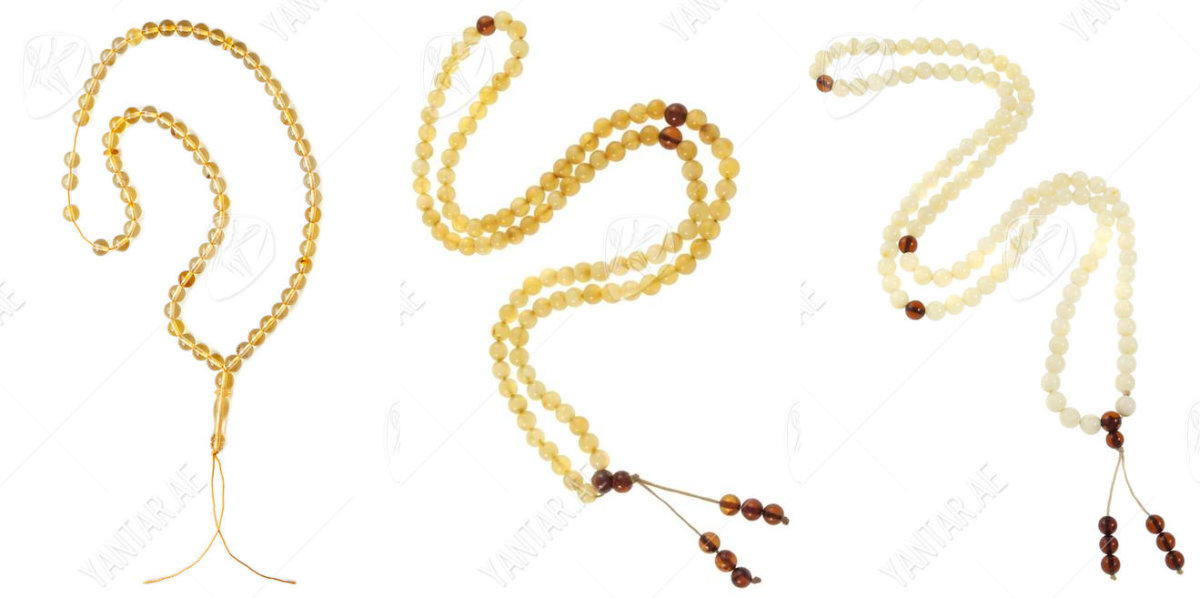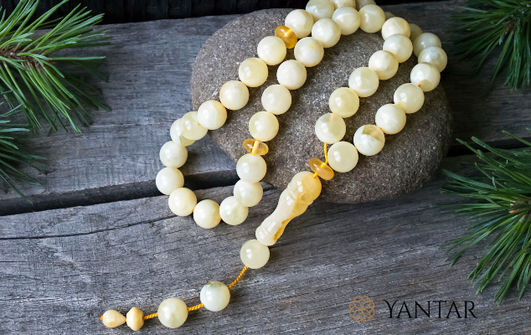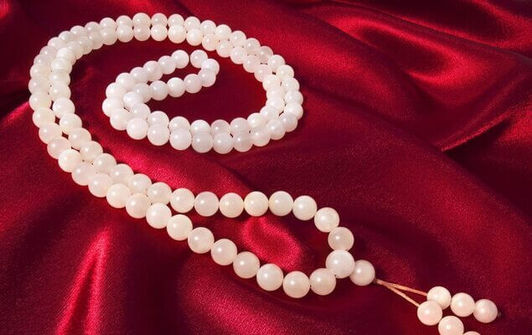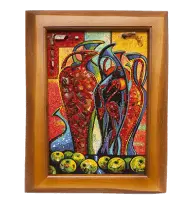
Sufism, often described as Islamic mysticism, has played a profound role in the spiritual lives of Muslims for centuries. Rooted in the quest for a direct and personal connection with God, Sufism emphasizes the purification of the heart, the cultivation of love and devotion, and the inner journey toward self-realization. Through practices like dhikr (remembrance of God), meditation, and acts of devotion, Sufis seek to transcend the material world and attain a deeper understanding of divine truth. In this article, we will explore the origins, key concepts, and spiritual practices of Sufism, focusing on the use of prayer beads, or misbaha (Islamic prayer beads), including those made from amber.
Origins and Key Concepts of Sufism
Sufism began as an inner, spiritual dimension of Islam, focused on the personal experience of God. It emerged in the 7th century, in response to the growing materialism and political focus in the Islamic world. Early Sufis sought to embody the ascetic practices of the Prophet Muhammad and his companions, focusing on simplicity, humility, and constant remembrance of God.
At the heart of Sufism are key concepts such as Tawhid (the oneness of God), Ihsan (excellence in worship), and Tasawwuf (purification of the soul). Sufis believe that by refining their inner selves, they can reach higher spiritual states, moving closer to God. This path, known as the Tariqah, involves disciplining the ego (nafs) and opening the heart to divine love.
.jpg)
The Mystical Practices of Sufism
The core practices of Sufism are designed to cultivate mindfulness of God and deepen one's connection with the Divine. These practices, known as spiritual exercises or a'mal, vary in form but share the common goal of spiritual elevation. Among the most widely known practices are:
- Dhikr (Remembrance of God): Dhikr is a central practice in Sufism, involving the repeated recitation of God's names or phrases that glorify and remember Him, such as "La ilaha illallah" (There is no god but God). This repetition is often done in gatherings or individually, and is believed to bring the practitioner closer to God by cleansing the soul of worldly distractions.
- Muraqaba (Meditation): Muraqaba is the practice of deep contemplation and meditation, where the Sufi focuses on their inner state and God’s presence. This meditative practice aims to quiet the mind and achieve a state of spiritual awareness, allowing the practitioner to "see" God with the heart, even if not with the physical eyes.
- Sama (Spiritual Music and Dance): In some Sufi orders, spiritual music and dance are integral to worship. The Whirling Dervishes, followers of the Mevlevi order founded by the poet Rumi, use spinning and music as a form of meditative movement, symbolizing the soul’s journey towards unity with God.
- Fana (Annihilation of the Self): Fana refers to the dissolution of the ego, or the self, in the presence of God. It is the final stage of the Sufi’s journey, where the individual’s sense of separateness is erased, and they experience oneness with the Divine. This is followed by Baqa, a state of permanent abiding in God.
The Use of Prayer Beads (Misbaha) in Sufi Practices
One of the most iconic tools used in Sufi spiritual practices is the Misbaha or prayer beads. These beads serve as a physical aid in performing dhikr, allowing the Sufi to maintain focus and count their recitations of divine names or prayers. Typically, a misbaha consists of 99 beads, representing the 99 names of God, or 33 beads, which are cycled through three times to complete the full count of 99.
The use of prayer beads in Islam is not exclusive to Sufism, but within the Sufi tradition, it holds a deeper mystical significance. The act of moving through the beads while reciting God’s name is seen as a metaphor for the soul’s journey through the stages of spiritual awakening.
Amber Prayer Beads in Sufism
Among the various materials used to make prayer beads, amber holds a special place, particularly for its natural beauty and healing properties. Amber prayer beads (also known as tasbih or subha) are highly prized by many Sufis for their spiritual and physical benefits. Amber is believed to have purifying qualities, and its warm, honey-like appearance evokes feelings of serenity and connection to nature.
Historically, amber has been used in various cultures for spiritual purposes due to its unique ability to hold and transmit energy. In Islamic spirituality, amber is valued not only for its aesthetic beauty but also for its ability to calm the mind during prayer. The tactile sensation of the beads helps the practitioner remain focused during prolonged dhikr sessions, while the natural warmth of amber is believed to enhance the spiritual experience.
In addition, amber prayer beads have practical benefits, as the material is lightweight and durable, making it ideal for frequent use. The soothing properties of amber are also thought to help relieve stress and promote mental clarity, which aligns with the Sufi goal of achieving inner peace and detachment from worldly concerns.

Sufism offers a deeply mystical approach to Islamic spirituality, where the focus is on personal transformation and an intimate relationship with God. Through practices such as dhikr, meditation, and the use of prayer beads, Sufis aim to purify their hearts and transcend the limitations of the physical world. The tradition of using Misbaha—particularly those made from amber—adds a layer of meaning and symbolism to the Sufi’s spiritual journey. Amber prayer beads, cherished for their beauty and calming effects, serve as both a physical and spiritual tool in the quest for divine love and unity.
In today's world, Sufism continues to inspire countless individuals, offering a path of love, compassion, and spiritual elevation, reminding us of the profound connection between the inner self and the Divine. Whether through the mystical whirl of the dervish or the silent recitation of dhikr with amber beads, Sufism remains a vital and living tradition within Islam, resonating with seekers of spiritual truth across the globe.





 Jewelry
Jewelry Silver amber jewelry
Silver amber jewelry Amber pictures
Amber pictures Souvenirs
Souvenirs